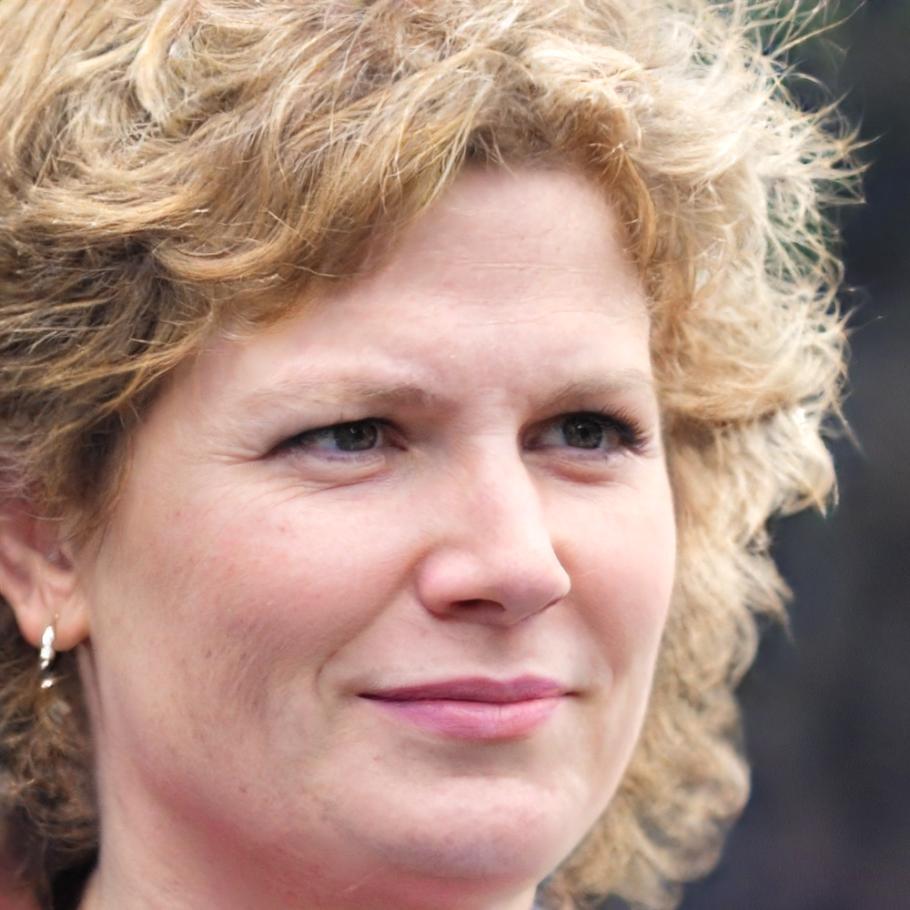What Makes This Different
Most game development courses teach you how to follow tutorials. That's
fine for getting started, but it doesn't prepare you for the messy
reality of actual game projects where nothing works exactly as
expected.
Our approach puts you in situations where you have to make technical
decisions without clear answers. Which framework fits this project
better? How do you optimize for older devices? What happens when your
physics simulation breaks on iOS but works fine on Android?
Equipment Requirements
You'll need a computer capable of running Unity (Mac or Windows
with 16GB RAM minimum). You'll also need at least one Android
device for testing. iOS testing is helpful but not required. We
provide access to our device lab for final project testing.





